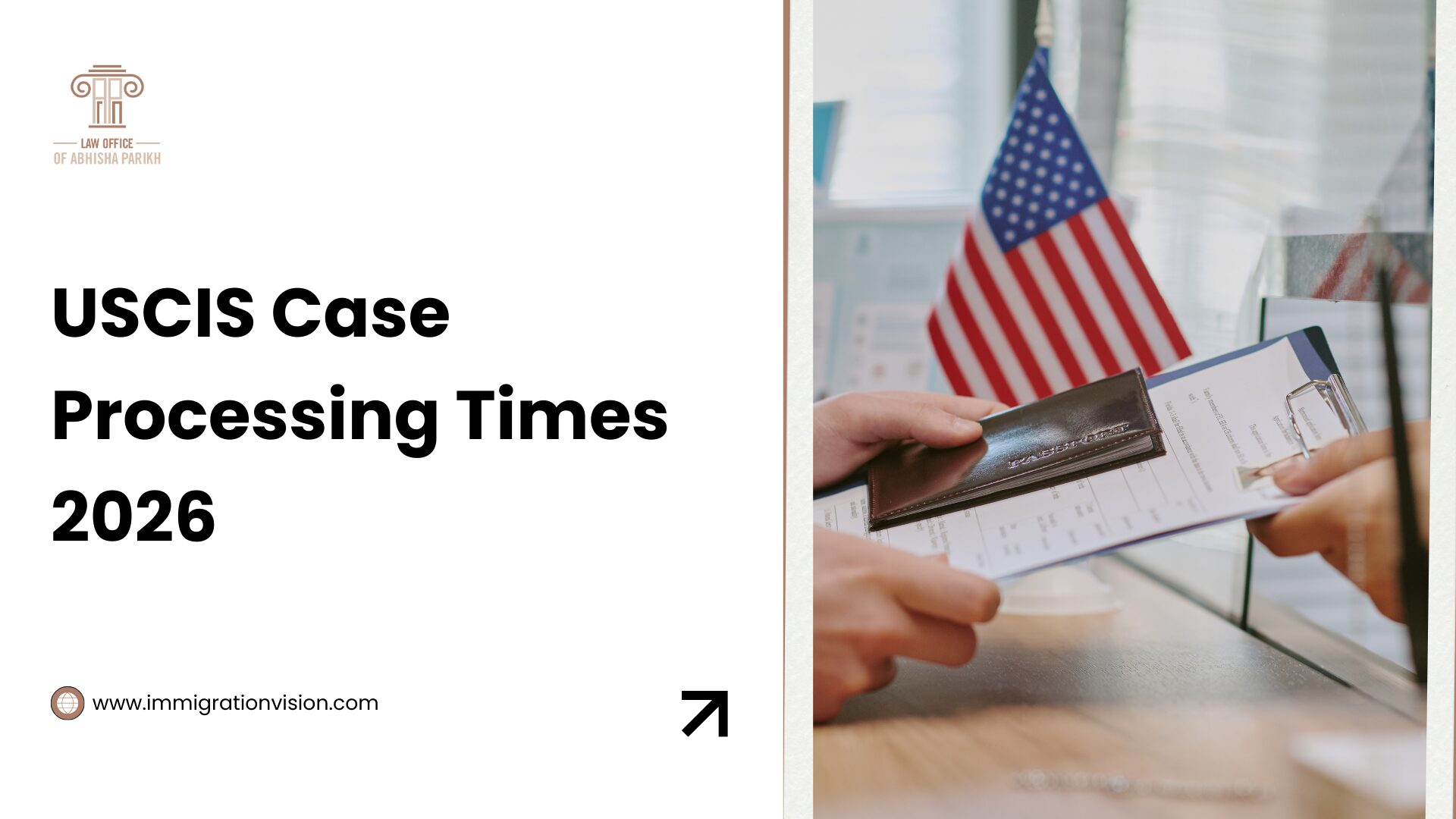In a world marked by turmoil and uncertainty, many individuals seek refuge and safety in countries that uphold the values of compassion and protection. The United States, as a land of opportunities and freedom, offers asylum to those fleeing persecution in their home countries. The asylum process is a critical pathway that allows eligible individuals to seek humanitarian protection in the United States.
In this blog, we will dive into the asylum process. We will be covering eligibility criteria, the application procedure, and the rights it offers to those seeking safety and protection.
What is Asylum and Who is Eligible For the Asylum Process?
Asylum is a form of humanitarian protection granted to individuals who have suffered persecution or fear persecution in their home country based on their race, religion, nationality, political opinion, or membership in a particular social group. To be eligible for asylum in the United States, the individual must meet the following criteria:
- They must be physically present in the United States or seeking entry at a port of entry.
- They must apply for asylum within one year of arriving in the United States. However, some exceptions may apply for individuals who can demonstrate changed circumstances or extraordinary circumstances.
- They must demonstrate a well-founded fear of persecution in their home country.
- The persecution they fear must be based on one of the five protected grounds mentioned above.
The Asylum Application Process
Applying for asylum is a complex and critical process that requires careful attention to detail. The asylum application process involves the following key steps:
- Gathering Evidence: Asylum seekers must gather evidence to support their claim of persecution in their home country. This evidence may include affidavits, witness statements, news articles, country reports, and other documentation.
- Filing Form I-589: Then the asylum application is submitted using Form I-589, Application for Asylum and for Withholding of Removal. This form must be filed with the United States Citizenship and Immigration Services (USCIS).
- Biometrics Appointment: After filing the application, immigration officials will schedule a biometrics appointment for the asylum seeker, during which they will take fingerprints and photographs for background checks.
- Asylum Interview: Following the biometrics appointment, the asylum seeker will be called for an interview with an asylum officer or an immigration judge. During the interview, the applicant will have the opportunity to present their case and provide supporting evidence.
- Decision on the Application: After the interview, the USCIS or immigration judge will make a decision on the asylum application. If granted asylum, the applicant will be able to remain in the United States and eventually apply for permanent residency (green card) after one year of asylum status.
Rights and Protections for Asylum Seekers
While the asylum application is pending, asylum seekers may have certain rights and protections:
- Employment Authorization: Asylum seekers who have filed their asylum applications may be eligible to apply for an Employment Authorization Document (EAD) after waiting for 150 days from the date of filing (excluding delays caused by the applicant).
- Access to Certain Public Benefits: Asylum seekers may also be eligible for certain public benefits, including medical assistance and cash assistance, depending on the state where they reside.
Protection from Removal: While the asylum application is pending, the applicant generally has protection from deportation, provided they filed the application within one year of arriving in the United States.
The Importance of Consulting with an Immigration Attorney Through The Asylum Process
Navigating the asylum process can be challenging, especially for those fleeing persecution and seeking safety.
Consulting with an experienced immigration attorney is essential to ensure that the asylum application is properly prepared, and all necessary documentation is provided.
An immigration attorney can provide personalized guidance, represent the asylum seeker during interviews, and advocate for their rights and interests.
External Resources for Asylum Seekers
In addition to seeking legal counsel, asylum seekers can access external resources for support and assistance:
- The United Nations High Commissioner for Refugees (UNHCR): The UNHCR provides information and resources for refugees and asylum seekers worldwide. Their website offers valuable information on the asylum process and global refugee situations.
- National Immigrant Justice Center (NIJC): The NIJC offers free and low-cost legal services to immigrants, refugees, and asylum seekers in the United States. Their website provides resources and information on asylum-related issues.
In essence, the asylum process is a crucial pathway for individuals seeking refuge and safety in the United States. Understanding the eligibility criteria, preparing a well-documented application, and seeking the assistance of an experienced immigration attorney are essential steps to ensure a successful asylum claim.
Asylum seekers should be aware of their rights and protections during the application process. They should also explore external resources for additional support. Together, we can provide a compassionate and welcoming environment for those seeking safety and protection in our country.
Our firm has filed N-400s to help naturalize tens of dozens of lawful permanent residents, successfully filed N-600s helped obtain certificates of citizenship, and successfully helped to determine if someone is already a US citizen through their parents through the Child Citizenship Act of 2000. If you are concerned about whether you meet the eligibility requirements for naturalization, especially if you have a lengthy travel history or criminal convictions, give us a call today to set your consultation to see if you qualify to become a citizen.




